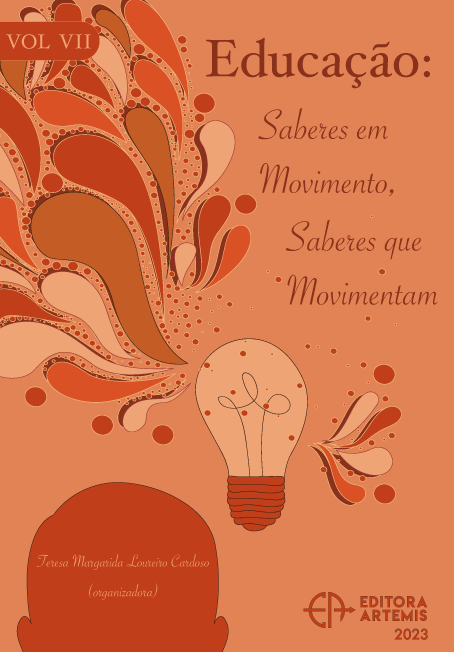
Structuralism Approach to English Teaching as a Means of Solving Cross-cultural Problems of Russian Students
The article deals with language as cultural heritage of nation. Russian students of English when facing lingual phenomena that do not occur in their mother tongue avoid certain typically English lexical units and structures, which impoverish their speech and violate inter- cultural communication. To help students get insights into the inner structure of the units and expose the mechanism of their functioning, we turn to the ideas of Structuralism – Theory of Oppositions – and present the meaning of a unit by means of paradigmatic correlation of lingual forms by which certain functions are expressed. When word-forms are represented in the binary privative opposition framework, it reveals a bundle of differential features (strong features) exposing its categorical properties. By means of gradual opposition framework exposed are the remnants of the extinct dual rank of the category of number in modern English, whose function has since Indo-European period of its development been replaced by simple plural. It is evident that the seme of duality is present in the lexico-semantic structure of certain English lexemes, which expresses the concept of two as contrasted to many. Component analysis helps reveal lexical units containing the seme of duality in their lexico-semantic structure and to study their functioning in speech in the system of modern English. Traces of numerical duality are also found in numerous binary oppositions of grammatical categories and in some fossilized forms. The worked-out series of training exercises might give proper results for students to better understand the mechanisms of the English language operating.
Structuralism Approach to English Teaching as a Means of Solving Cross-cultural Problems of Russian Students
-
DOI: 10.37572/EdArt_2811230867
-
Palavras-chave: structuralism, binary privative opposition, gradual opposition, the seme of duality, modern English, grammatical category.
-
Keywords: structuralism, binary privative opposition, gradual opposition, the seme of duality, modern English, grammatical category.
-
Abstract:
The article deals with language as cultural heritage of nation. Russian students of English when facing lingual phenomena that do not occur in their mother tongue avoid certain typically English lexical units and structures, which impoverish their speech and violate inter- cultural communication. To help students get insights into the inner structure of the units and expose the mechanism of their functioning, we turn to the ideas of Structuralism – Theory of Oppositions – and present the meaning of a unit by means of paradigmatic correlation of lingual forms by which certain functions are expressed. When word-forms are represented in the binary privative opposition framework, it reveals a bundle of differential features (strong features) exposing its categorical properties. By means of gradual opposition framework exposed are the remnants of the extinct dual rank of the category of number in modern English, whose function has since Indo-European period of its development been replaced by simple plural. It is evident that the seme of duality is present in the lexico-semantic structure of certain English lexemes, which expresses the concept of two as contrasted to many. Component analysis helps reveal lexical units containing the seme of duality in their lexico-semantic structure and to study their functioning in speech in the system of modern English. Traces of numerical duality are also found in numerous binary oppositions of grammatical categories and in some fossilized forms. The worked-out series of training exercises might give proper results for students to better understand the mechanisms of the English language operating.
-
Número de páginas: 10
- Galina Gumovskaya

